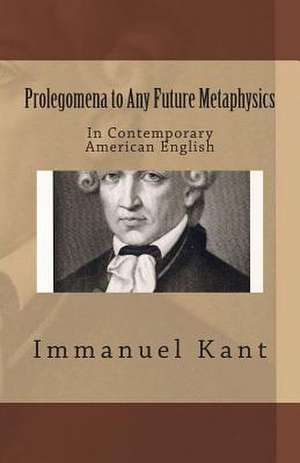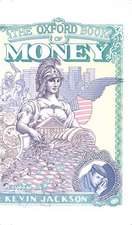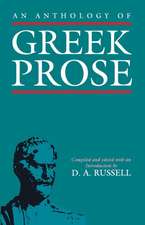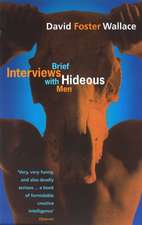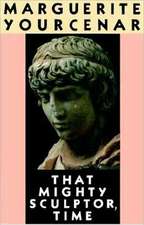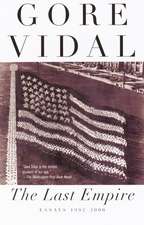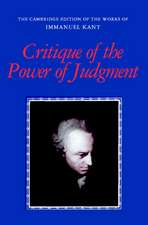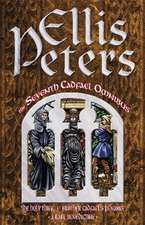Prolegomena to Any Future Metaphysics
Autor Immanuel Kant Editat de Marciano Guerrero Traducere de Marymarc Translationsen Limba Engleză Paperback
| Toate formatele și edițiile | Preț | Express |
|---|---|---|
| Paperback (4) | 37.45 lei 3-5 săpt. | |
| – | 37.45 lei 3-5 săpt. | |
| Hackett Publishing Company – 30 noi 2001 | 98.32 lei 3-5 săpt. | +15.11 lei 6-12 zile |
| Digireads.com – 6 noi 2019 | 80.97 lei 6-8 săpt. | |
| OUP OXFORD – 4 dec 2003 | 305.19 lei 32-37 zile |
Preț: 72.42 lei
Nou
Puncte Express: 109
Preț estimativ în valută:
13.86€ • 14.32$ • 11.53£
13.86€ • 14.32$ • 11.53£
Carte indisponibilă temporar
Doresc să fiu notificat când acest titlu va fi disponibil:
Se trimite...
Preluare comenzi: 021 569.72.76
Specificații
ISBN-13: 9781495451560
ISBN-10: 1495451569
Pagini: 246
Dimensiuni: 140 x 216 x 13 mm
Greutate: 0.29 kg
Editura: CREATESPACE
ISBN-10: 1495451569
Pagini: 246
Dimensiuni: 140 x 216 x 13 mm
Greutate: 0.29 kg
Editura: CREATESPACE
Recenzii
"An excellent introduction to Confucian ethics, the book has been extensively revised for this 2nd edition with an accessible text..." -- Practical Philosophy, Autumn 2002.
Notă biografică
Immanuel Kant ( 22 April 1724 - 12 February 1804) was an influential German philosopher[23] in the Age of Enlightenment. In his doctrine of transcendental idealism, he argued that space, time, and causation are mere sensibilities; "things-in-themselves" exist, but their nature is unknowable.[24][25] In his view, the mind shapes and structures experience, with all human experience sharing certain structural features. In one of his major works, the Critique of Pure Reason (1781; second edition 1787),[26] he drew a parallel to the Copernican revolution in his proposition that worldly objects can be intuited a priori ('beforehand'), and that intuition is therefore independent from objective reality.[b] Kant believed that reason is also the source of morality, and that aesthetics arise from a faculty of disinterested judgment. Kant's views continue to have a major influence on contemporary philosophy, especially the fields of epistemology, ethics, political theory, and post-modern aesthetics. He attempted to explain the relationship between reason and human experience and to move beyond the failures of traditional philosophy and metaphysics. He wanted to put an end to what he saw as an era of futile and speculative theories of human experience, while resisting the skepticism of thinkers such as David Hume. He regarded himself as showing the way past the impasse between rationalists and empiricists,[28] and is widely held to have synthesized both traditions in his thought.[29] Kant was an exponent of the idea that perpetual peace could be secured through universal democracy and international cooperation. He believed that this would be the eventual outcome of universal history, although it is not rationally planned.[30] The nature of Kant's religious ideas continues to be the subject of philosophical dispute, with viewpoints ranging from the impression that he was an initial advocate of atheism who at some point developed an ontological argument for God, to more critical treatments epitomized by Schopenhauer, who criticized the imperative form of Kantian ethics as "theological morals" and the "Mosaic Decalogue in disguise",[31] and Nietzsche, who claimed that Kant had "theologian blood"[32] and was merely a sophisticated apologist for traditional Christian faith
Descriere
Descriere de la o altă ediție sau format:
Two hundred years after his death, Kant remains one of the most important modern philosophers. The Prolegomena is the ideal introduction to Kant's unique account of the nature human knowledge, according to which we actively shape the world as we know it. This new edition of Kant's own summary of his philosophy is designed specially for students. Guenter Zoeller assumes no prior knowledge of the Prolegomena and provides an extensive and comprehensive introduction which explores Kant's life, the origin and reception of the Prolegomena, the organization of the work, its principal arguments, and its philosophical significance. This edition also includes detailed notes to aid student understanding, as well as a chronology, a glossary and an annotated bibliography.
Two hundred years after his death, Kant remains one of the most important modern philosophers. The Prolegomena is the ideal introduction to Kant's unique account of the nature human knowledge, according to which we actively shape the world as we know it. This new edition of Kant's own summary of his philosophy is designed specially for students. Guenter Zoeller assumes no prior knowledge of the Prolegomena and provides an extensive and comprehensive introduction which explores Kant's life, the origin and reception of the Prolegomena, the organization of the work, its principal arguments, and its philosophical significance. This edition also includes detailed notes to aid student understanding, as well as a chronology, a glossary and an annotated bibliography.
